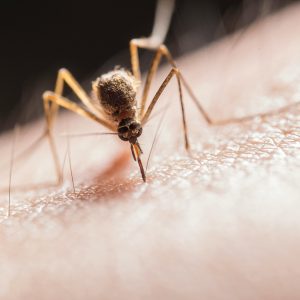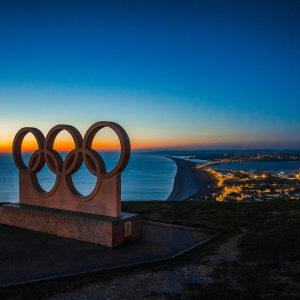Kazakhstan presents organ delivery innovation in Japan
‘Alem’ device extends donor organ life beyond 24 hours, enters clinical trials phase
ASTANA, Kazakhstan (MNTV) — Kazakhstan introduced a pioneering medical innovation at EXPO 2025 with the unveiling of the “Alem” system, a high-tech device designed to preserve and treat donor organs for transplantation.
According to The Astana Times, the device was presented by a team of physician-researchers from the University Medical Center (UMC), led by renowned cardiac surgeon and UMC CEO Yuriy Pya.
The innovation was showcased at the global event, which runs from April 13 to Oct. 13 in Osaka, Japan.
Developed with support from the Heart Center Foundation, the Alem system can preserve donor organs for over 24 hours by replicating near-physiological conditions.
Preclinical trials have confirmed its safety and efficacy, and the device is now entering clinical testing—a critical step toward widespread medical use.
The system not only maintains body temperature and oxygenation of donor organs but also monitors vital parameters in real time.
Uniquely, it allows medical teams to treat organs previously deemed unfit for transplantation, potentially expanding the donor pool.
“The system can be used not only for preservation but also for treating donor organs that wouldn’t typically be considered viable for transplantation.
This greatly expands the possibilities of medicine,” Pya said during the unveiling.
The Alem project has taken several years to develop, moving from concept to a functional medical device capable of challenging global standards in organ transplantation.
Its creators describe it as a leap beyond conventional clinical tools—bringing cutting-edge medical technologies closer to those in need.
“This is a historic moment for Kazakhstan,” said Murat Zaurov, Director of the Heart Center Foundation.
“For the first time, we are presenting a large-scale medical project – Alem – at a global exhibition of this level. Our goal is not just to showcase our invention to the world, but to become part of global technological and medical progress.”










